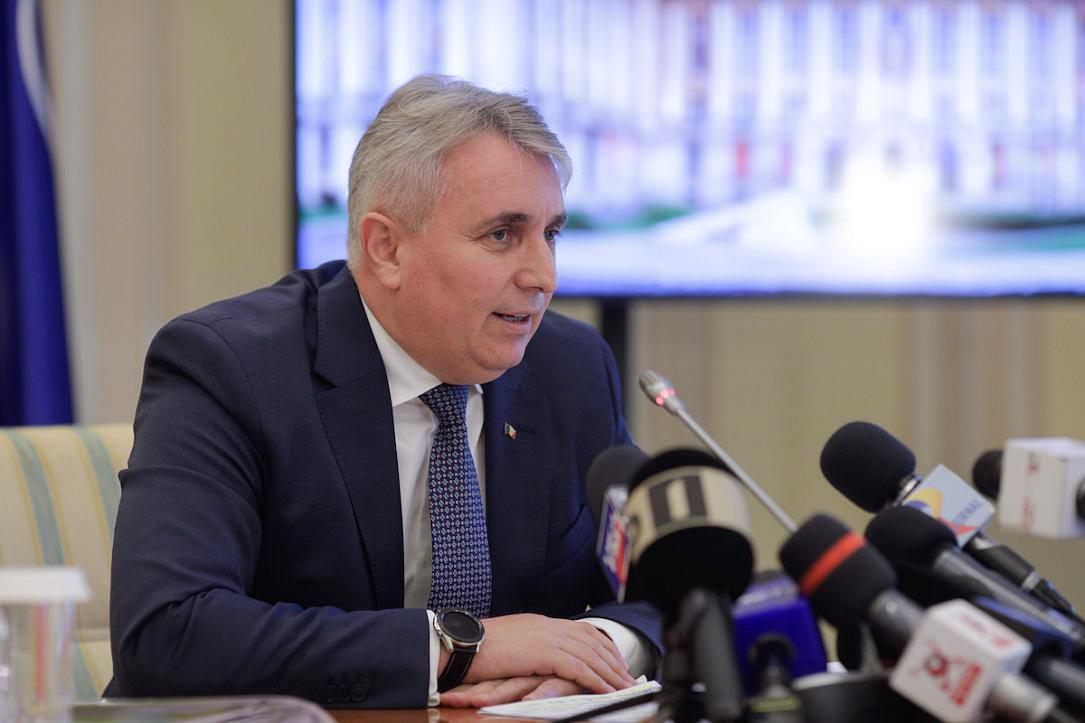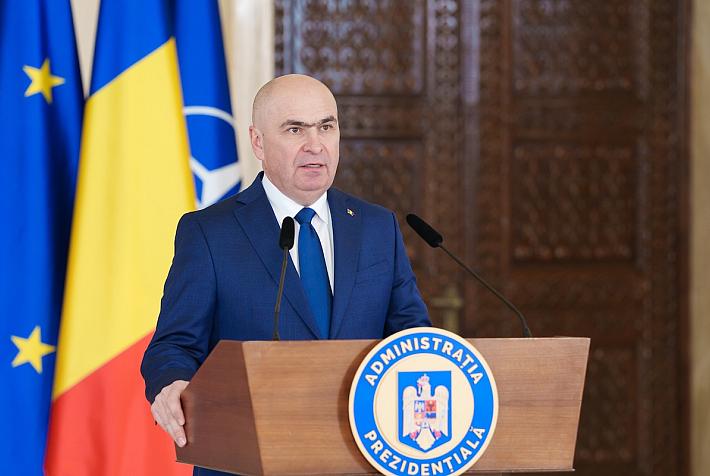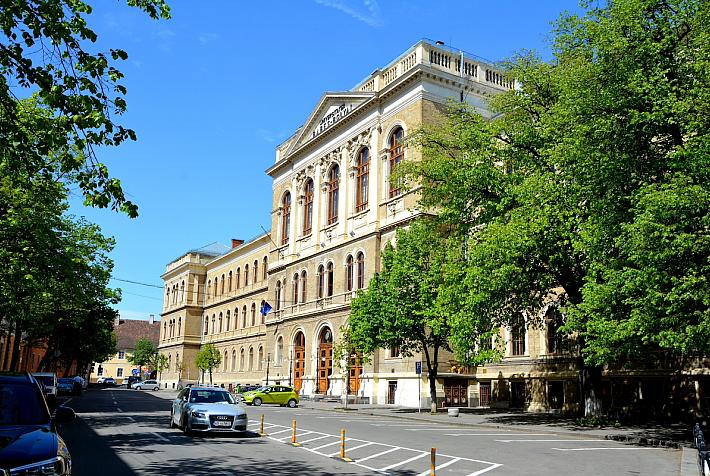Romania still aiming to join Schengen this year, despite continued opposition from Austria

Romania maintains its objective of joining the Schengen Area in 2023, according to Romanian interior minister Lucian Bode, despite Austria's continued opposition. The Council of the European Union for Justice and Home Affairs is currently taking place in Brussels, but the agenda does not feature the expansion of the Schengen Area.
"A debate on this topic has already taken place, and during this debate I called for the completion of the Schengen expansion process through Romania's accession to the Schengen Area this year, in 2023. The arguments are known to all of you. I would only emphasize one aspect, the one that I emphasized in my intervention: I am absolutely convinced that the security of the external borders of the European Union, the Schengen borders, and the security of European Union citizens will be greatly increased with the expansion of the Schengen Area and Romania's accession to the Schengen Area,” said Bode, cited by G4Media.
Bode also mentioned, among other things, that a technical meeting took place in early February between the experts of the Romanian Ministry of Interior and those of the Austrian Federal Ministry of Interior. Additionally, on February 13, Romania's ambassador to Vienna, Emil Hurezeanu, had a "very good meeting with interior minister Gerhard Karner."
The Romanian minister also highlighted a report presented on Thursday by the European Commissioner for Home Affairs Ylva Jonansson, which shows that migration values on the Western Balkans route have decreased by 44% in the first months of 2023 compared to the end of last year.
"Even though we all know Romania is not on the Western Balkans route, the fact that these values have significantly decreased, even by half, shows that the measures taken by the Commission and the Member States in recent times have produced results. At the same time, I want to welcome the intervention of several interior ministers who, in their statements, have reaffirmed support for Romania and Bulgaria's accession to the Schengen area," said the Romanian dignitary.
Thursday's meeting was the first official meeting of the JHA Council since December when Romania and Bulgaria failed to join the Schengen Area due to opposition from Austria and the Netherlands. Only Croatia was accepted into Schengen at that time.
Back then, Austria said that it cannot agree to the expansion of the Schengen area as long as it is not functional. Vienna justified its position, mainly expressed through the voice of interior minister Gerhard Karner, by the fact that over 100,000 migrants or asylum seekers have arrived in Austria, of which about 75,000 have not yet been registered. Karner said that this should actually happen when crossing the EU border and that many of the unregistered would come through Romania or Bulgaria. Official data published by the European Border and Coast Guard Agency (FRONTEX) contradicted his statements.
(Photo source: Inquam Photos | George Calin)













